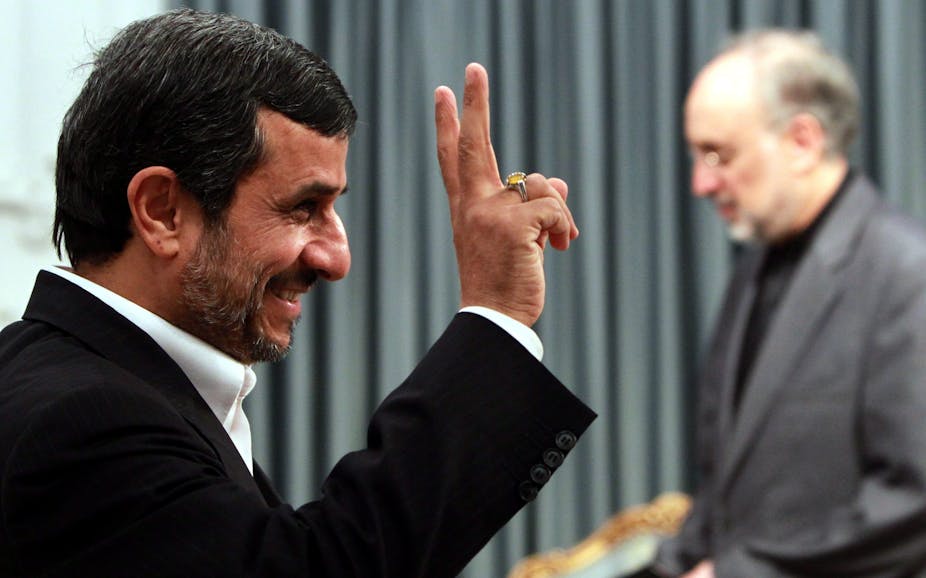Last week the European Union indicated that it is likely to enact an oil embargo on Iran. The move is aimed at damaging Iran’s crucial oil export business enough so the country’s regime curtails its nuclear ambitions but not enough to cause oil prices to spike. The recent EU policy shift moves the bloc in line with the US long-standing hardline approach to Iran.
The sanctions adopted by President Barack Obama on New Year’s Eve target financial institutions that do business with Iran’s central bank by barring them from opening or maintaining operations in the US. The sanctions will apply to foreign central banks only for transactions that involve the sale or purchase of crude oil or petroleum products.
Iran has 10% of the world’s oil reserves and is the third largest exporter. Much of Iran’s oil exports flow to its growing Asian markets, particularly China, which imports about a third of Iranian oil. The EU currently imports between 15% and 20% of Iranian oil. The US has not imported any oil from Iran since the 1979 Islamic Revolution.
It is unlikely that the newly imposed sanctions by the US and the EU’s embargo threat will be effective in curtailing Iran’s nuclear ambitions. If anything, the West’s actions will draw Iran diplomatically closer to China and Venezuela, another oil exporter at odds with the US.
Iran’s “oil shield” has kept it safe from Western interference in its nuclear program over the past decade. This is unlikely to change. Beijing has indicated that it does not intend to support the US sanctions and has publicly rejected them. Beijing’s recalcitrance is unsurprising in the context of Washington’s recent “China threat” rhetoric, which has been aimed at countering the perceived growing military threat to the US interests in Asia.
Meanwhile, the Iranian President Mahmoud Ahmadinejad is visiting Latin America, cementing Tehran’s close relationship with Caracas.
If sanctions get implemented, Tehran will likely have to sell its output at a discount to its remaining buyers and any new ones. China and India are likely to benefit from cheaper oil. The smaller purchases of Iranian crude might be a tactic adopted by Beijing and New Delhi aimed at obtaining lower prices as the West squeezes Tehran. The EU, on the other hand, will have to pay a premium to secure new contracts with alternative exporters, such as Russia and Saudi Arabia.
Some analysts have suggested that China will not buy more from Iran in the event of a European embargo citing the importance of diversified sources of oil imports. Yet, in the past two decades China’s oil imports have grown by approximately 15% each year. In 2010, they increased by about 600,000 barrels per day (bpd).
Consequently, in the coming years, Beijing will get its hands on any additional supplies available in the market to fuel growing oil import demand. China already has a highly diversified oil import portfolio. Adding up to an extra 300,000 barrels per day from Iran would not affect its overall diversification strategy.
Therefore, the US sanctions and the EU’s proposed embargo on Iran’s oil exports are unlikely to be effective in curtailing Iran’s nuclear ambitions, as Tehran gets closer to Beijing and other states at odds with the West. The proposed sanctions are likely to cause a minor rebalance in the international oil markets. This rebalancing will benefit the growing oil importers in Asia (China and India) and oil exporters that will sell more of their oil to the EU.

